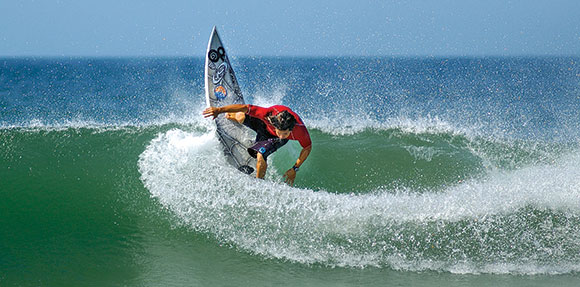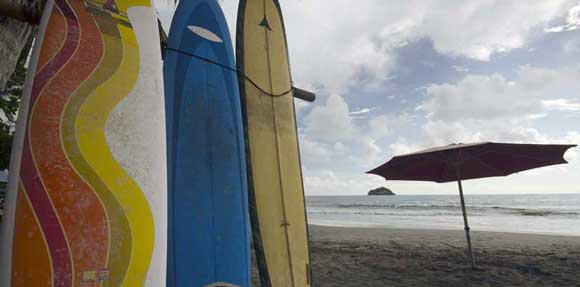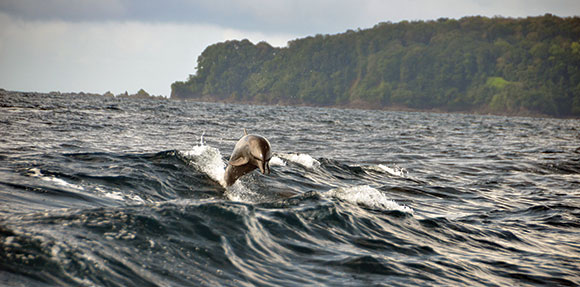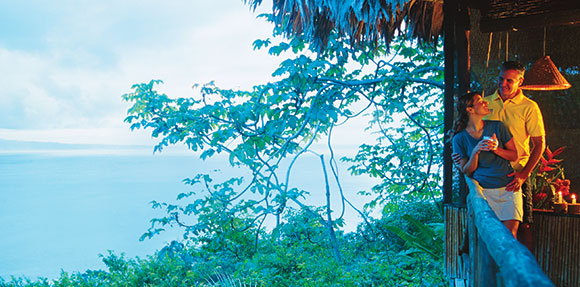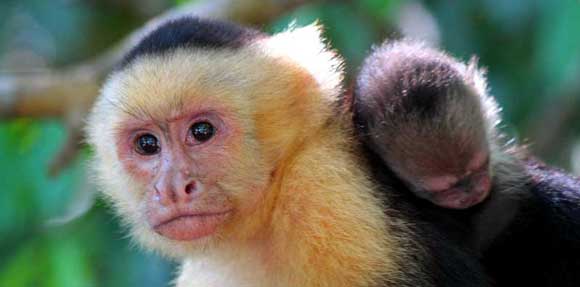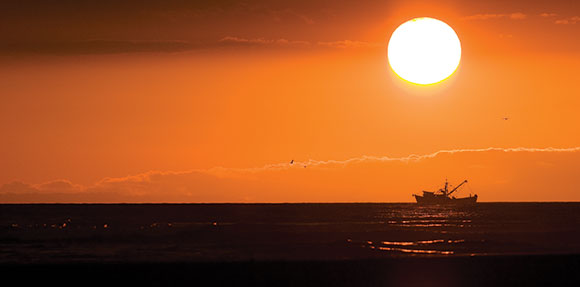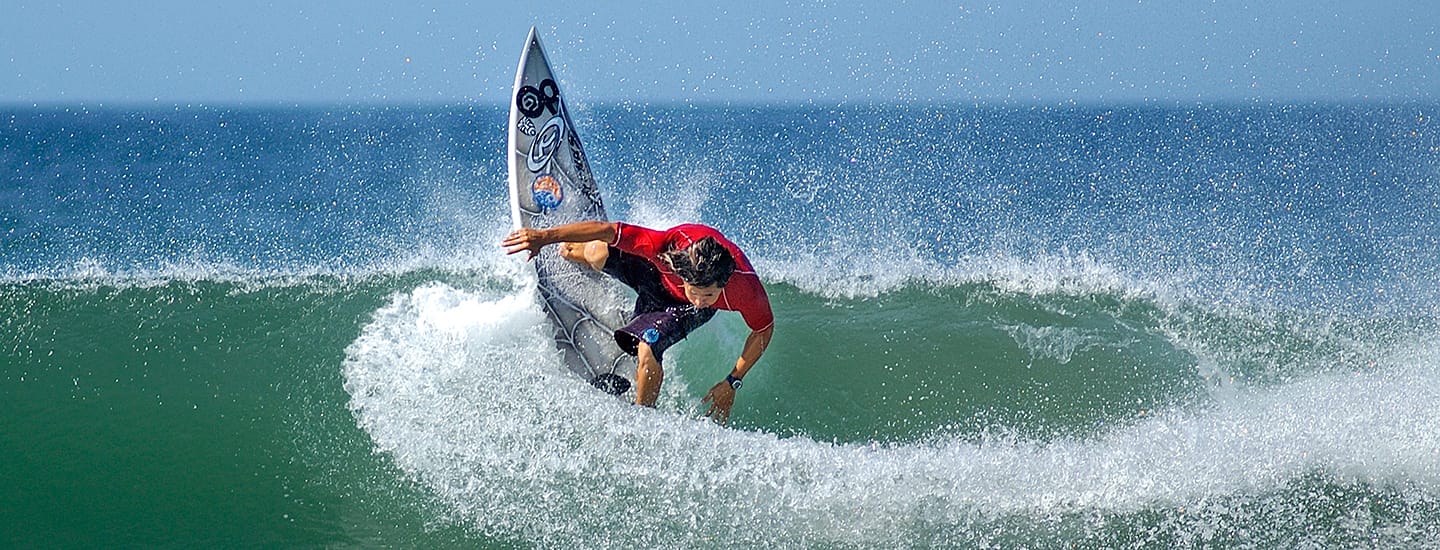
Central Pacific
Where the forest meets the beaches
This region of the country stretches from the city of Puntarenas to the mouth of the Río Barú in the area known as Dominical de Osa. It has three cities attractive to tourists and well developed for tourism: Quepos, Jacó and Puntarenas. The region also comprises the islands in the Gulf of Nicoya, as these are mainly accessed from Puntarenas.
A wet and rainy climate allows for greater biodiversity in the beaches and hills next to the coast; thus, there is a transition from tropical wet forest to tropical forest to tropical dry forest. These ecosystems provide habitat for numerous plant and animal species that are protected in several wilderness areas. Also included within this zone is Isla del Coco, which, though almost 600 kilometers from the port of Puntarenas, falls under this province’s jurisdiction.
The region’s main attractions are its coast and protected wilderness areas. The coast is made up of numerous beautiful beaches, several of which are less than two hours from San José, allowing for quick access. With regard to wilderness areas, the region features wildlife refuges, national parks and biological preserves.
Other important attractions are of cultural and recreational interest, including the various organized events—especially sporting events—that distinguish the region. Also worthy of note is the scenic beauty along the coastal highway that connects the Caldera area with the Quepos and Manuel Antonio region.
Did You Know...
Manuel Antonio National Park protects 12 islands that are excellent refuges for different species of seabirds.
